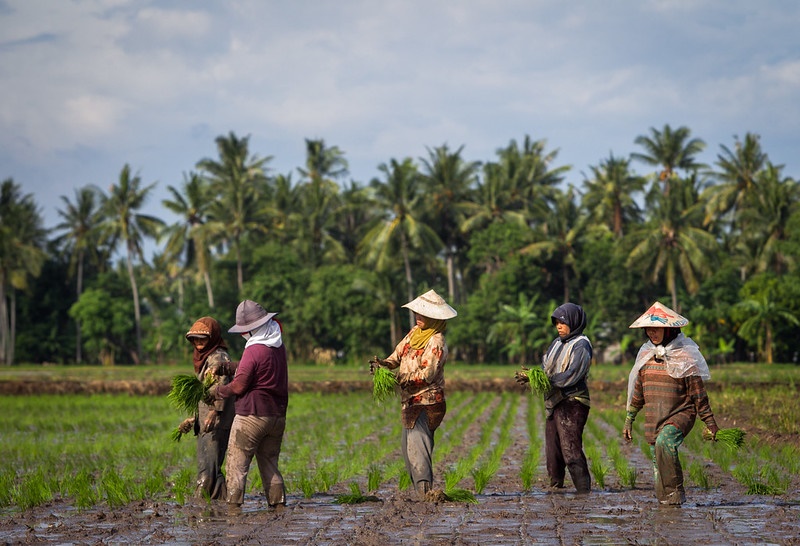Sean Kennedy

Who Benefits from Private Climate Finance? Private Climate Adaptation Finance and its Implications for the Distribution of Climate-Related Risks in Indonesia
The archipelago nation of Indonesia is one of the most vulnerable to the impacts of climate change, including sea-level rise and increased severity of droughts and floods. These shocks have a disproportionate impact on the country’s rural communities, which account for 30% of the population and play a vital role in its globalized agricultural sector. Recently, concerns regarding climate-related supply chain disruptions have informed a wave of corporate-led climate adaptation initiatives. Championed by global agribusinesses, many of these projects promote microfinance, increased market integration, and risk insurance to improve smallholder resilience while managing climate-related supply chain risks. While intended to limit smallholder risk exposure, introducing these financial-based adaptation instruments also incorporates farmers into deeper and more complex market relations, potentially exposing smallholders to novel forms of financial risk while exacerbating existing social and environmental vulnerabilities.
To date, the extent to which private finance reduces or merely redistributes climate risks to more vulnerable groups has received limited attention. This study combines policy analysis, interviews, and focus-group discussions to examine the implications of private climate finance for environmental governance and the distribution of climate risks in Indonesia. The study will produce a database of privately-financed adaptation projects to compare governance structures, implementation mechanisms, and financial relationships across multiple projects. The study’s emphasis on the intersection between climate adaptation efforts and the structural causes of climate vulnerability will illuminate how climate adaptation efforts (re)distribute risk, while supporting future research on how climate adaptation efforts work to ameliorate or deepen existing vulnerabilities in different contexts across Indonesia.
